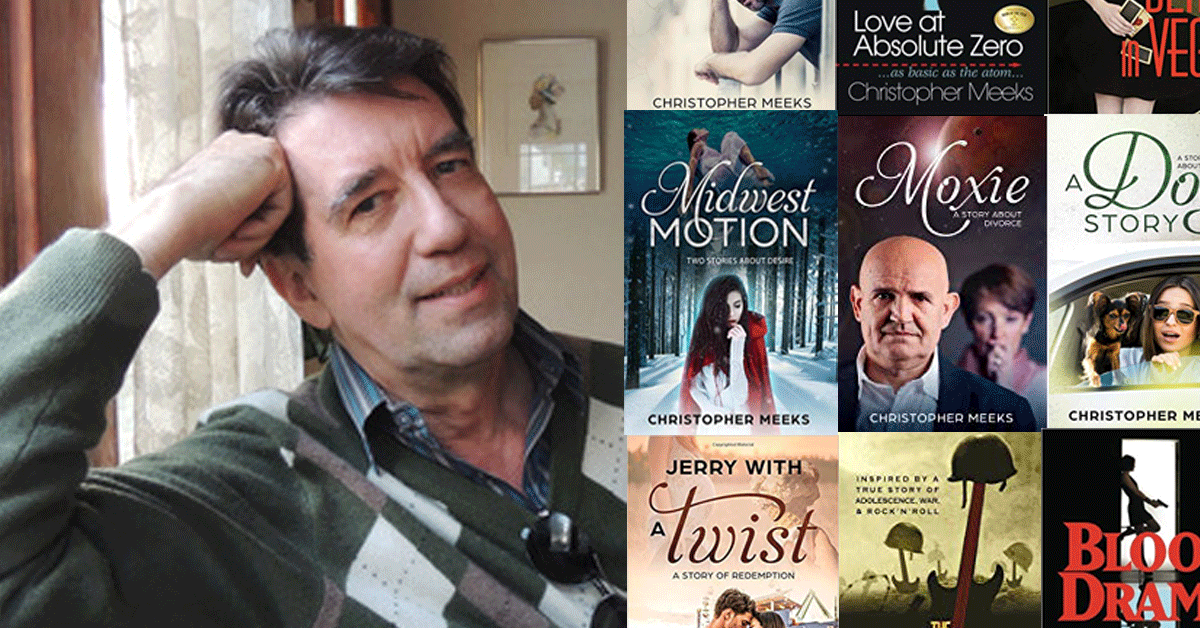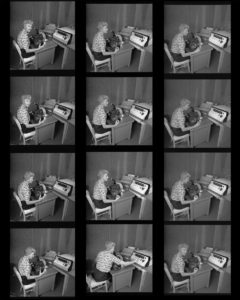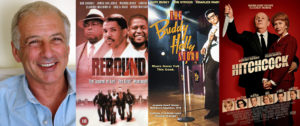From my blogsite, a woman named Robin recently wrote me and said, “I want to do my dream: write fiction. I have to work full time to be able to live on my own. I work so many hours, I have pushed my writing out of my life. At work, I keep thinking about my writing, and I have even said to myself and others, “Today is the day I am going to stay home and write.” I do not stay home, of course. I go to work. Then when I get home, I sometimes write but not enough. Do you know an easier way that I can get more time in?”
This is a good question, one that many of the writers in my beginning fiction classes would ask. I look at this a few ways. The first way is the advice by Life magazine writer and novelist Thomas Thompson when I interviewed him years ago. He said the secret is to create a habit for yourself. Choose a time of day when you tend to be the most alert, and, ideally, sit down at the same desk at the same time each day. Write for thirty minutes if you can — fifteen minutes minimum.
Once you make it a habit, you’ll be efficient, picking up where you left off the day before. Hemingway, it’s been said, often stopped in the middle of a sentence at the end of his writing day, so that the next day he could get back into where he was. I don’t do that. I worry that I’d forget what I was thinking, so I finish my sentences. If you find one time of day doesn’t work, try another.
At one time, I used to write full time at CalArts, an art school in California, where I interviewed and wrote about a variety of artists who visited or taught there. I then started teaching there, a creative writing course. Each semester, I’d have two guest speakers. Once I had screenwriter David Franzoni, who had written Amistad, Jumping Jack Flash, and Gladiator. Even though he was well paid and had no job to get to–he wrote at home–he told the class that he got up at 5 a.m. to write. At that time of day, there were no phone calls or his family needing something.
He happened to talk to my class when I had a newborn son, and I was also freelancing a lot. My day was full. I realized I was a morning person, and the best writing I did was in the morning. So I started getting up at 5 a.m. to write, like Franzoni. It felt really stupid at first. No one in the world was waiting for my writing, and everyone in my house was asleep, as I wished I was. By Day #3, though, the earliness didn’t bother me anymore, mainly because I went to bed earlier. I could write from 5 a.m. to 7 a.m., when the baby monitor told me my son was waking. I got to see him for an hour before I went to work.
I was also in a screenwriting group then, all filled with professionals except me, and I soon saw that I was writing more and faster than anyone. I didn’t have time to have writer’s block. I needed to write.
It wasn’t too many years later that I joined a novel-writing group. Screenplays were fun to write, but after getting a couple optioned and seeing them changed in stupid ways by producers, I wanted to try what I was scared to try: novels. No one would change what I wrote. There was a doctor in the group, a pediatrician, who had doubts about being there. She said every three weeks, she had to be on a heavy rotation where she’d have to sleep at the hospital when she wasn’t in the E.R. She said a kid or two inevitably died each week, and it was hard emotionally.
Like Robin, she asked how could she possibly write with that schedule and emotional challenges? The group leader said all she had to do was write for a minimum of fifteen minutes a day. Even on her rotation, she certainly could allow fifteen minutes for herself. She tried it, and soon she became one of the more prolific writers in the group. I thought if she could do that, so could I.
So the secret is to create a habit for yourself. Choose a time of day when you tend to be the most alert, and, ideally, sit down at the same desk, the same time each day. Write for thirty minutes if you can — fifteen minutes minimum.
You’ll also find that writing for even a little bit makes what you do after that so much better. I’d go to work and feel great because what I wrote that morning often felt good. Just doing it felt good. Write.
- Let’s All Go To Mooseville with Guest Author and Resident, Moose October 16, 2020
- An Elegy for a British Lioness: Margaret Burbidge (1919–2020) April 10, 2020
- “Cutting” by Gilah Yelin Hirsch November 26, 2019
- Guest Blog: Sarajane Pfrommer April 26, 2019
- ” What A Great Movie”, by Alan Swyer February 1, 2019
- “The Dream Of Writing” by Christopher Meeks January 10, 2019







That’s good advice. The more you do something, the better you get at it. I am a songwriter (it’s just a hobby, but it is a serious one), and normally I only write when an idea just comes to me out of the blue. but on 2 occasions, just as an experiment, I set myself a challenge, to start with a mental blank slate, and to write for one hour, and see what I got. In both cases, I got the basic layout of a decent song, and with later polishing up, one of them became a pretty good one at that. So my experiment validates the premise that if you just force yourself to write, it is indeed productive. You don’t necessarily need inspiration, but you do need discipline and work.
Craig, thanks for your feedback. You’re too modest, but I’ll allow our fellow travelers on this website decide when they hear your music soon, it will be posted in the section of the website about books, films and music. James